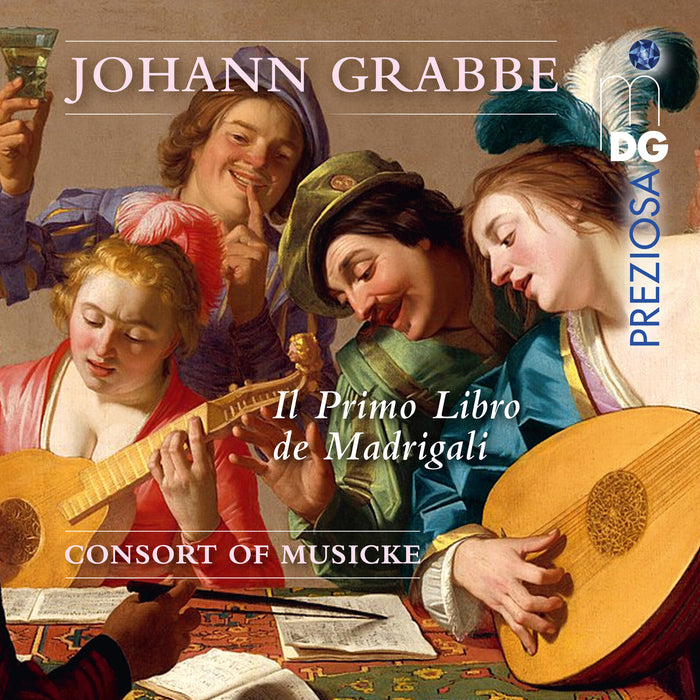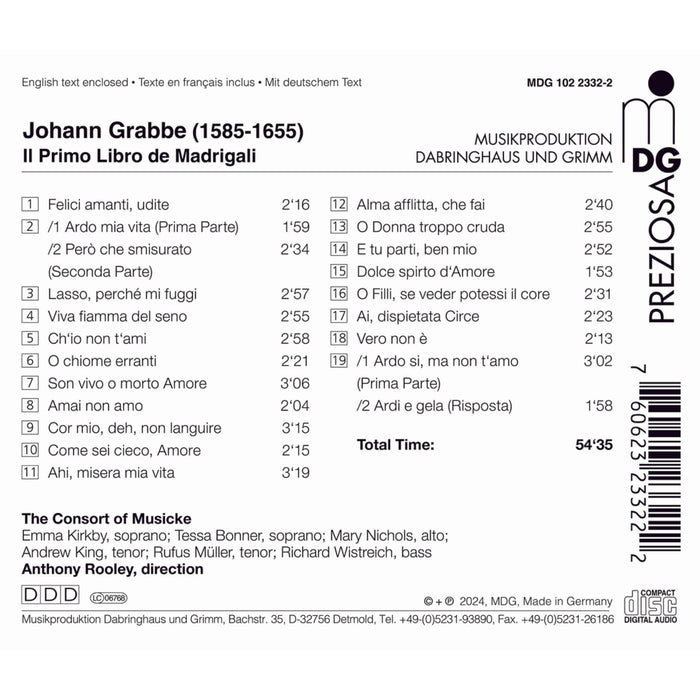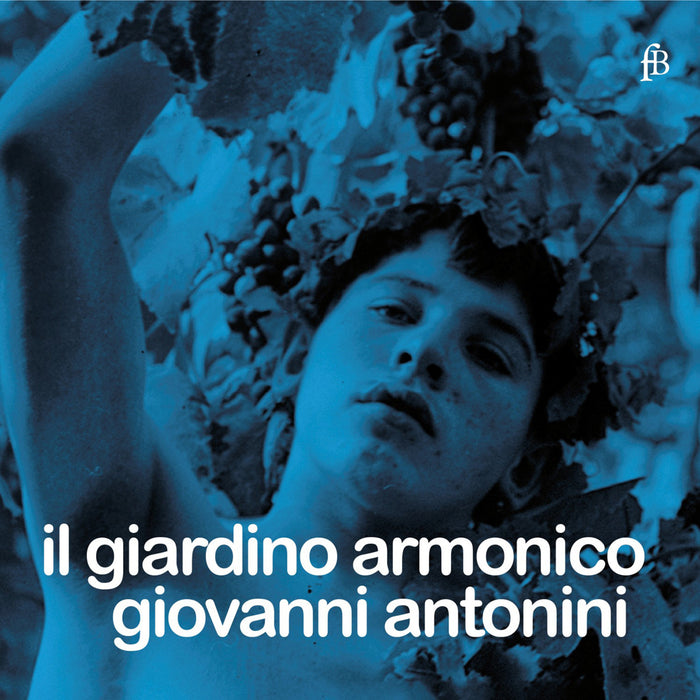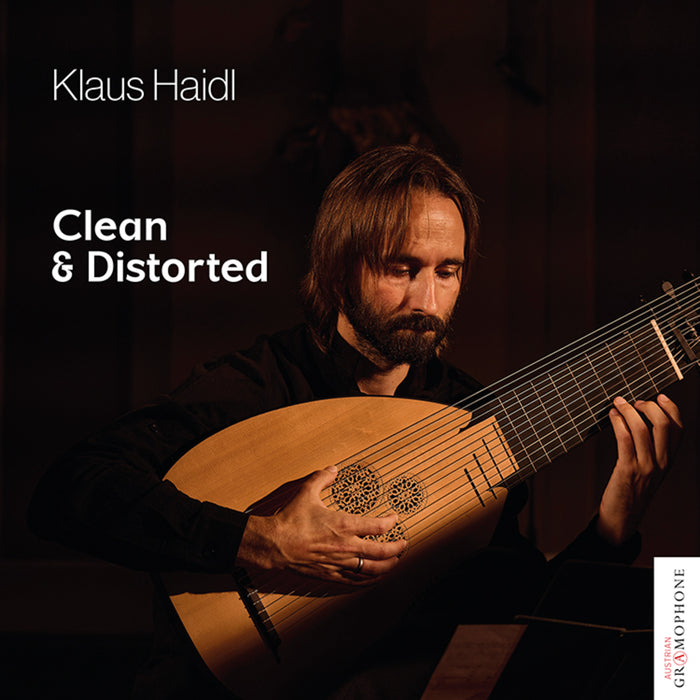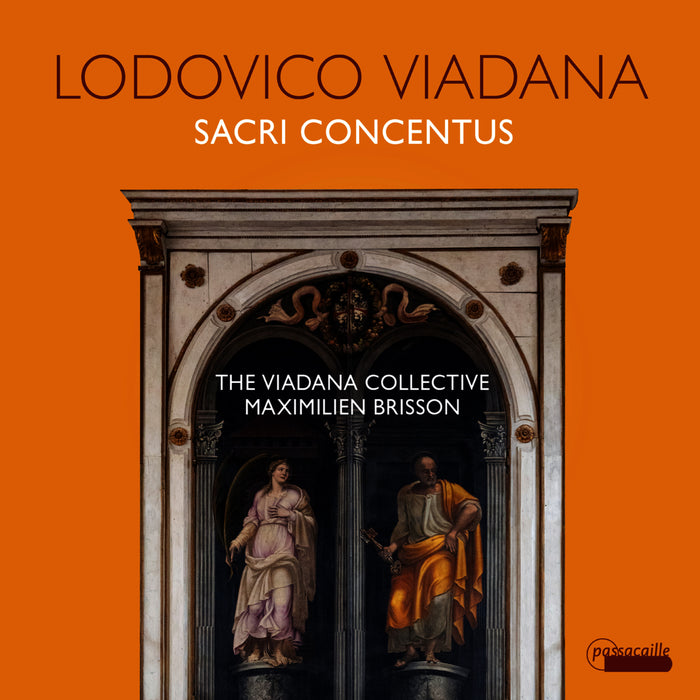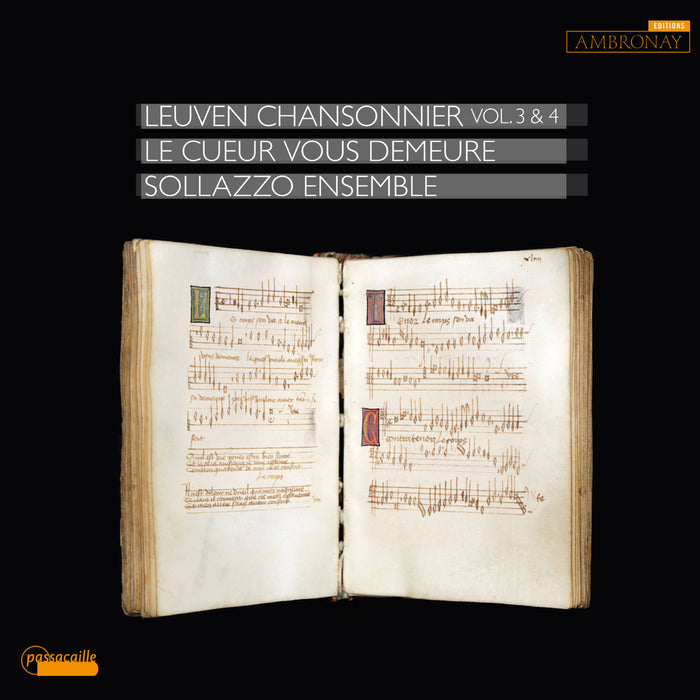Description
Little is known about Leonin beyond the fact that he seems to have had a bent for composing erotic poetry. The somewhat unhelpfully named 'Anonymous IV', a monk from Bury St Edmunds, tells us of two 'masters'—Leoninus and Perotinus—who dominated the twelfth-century musical world. Both were reputedly based at Notre Dame in Paris, and Leoninus was responsible for the Magnus liber organi, the 'Big Book of organum' (an organum being a polyphonic setting of plainchant), which is widely regarded as the single greatest achievement in the development of early polyphony.
For the technically minded, this is music of great complexity, involving interwoven usage of such styles as organum per se, duplum, clausula, and discantus (terms which even medieval theorists took great pleasure in dissecting in an attempt to define their function).
For the rest of us, this is music of fascinating beauty: a combination of the static tranquillity of the plainchant and the florid ornamentation of the 'composed' elements—which have something of the feel of nineteenth-century coloratura six hundred years before its time.










